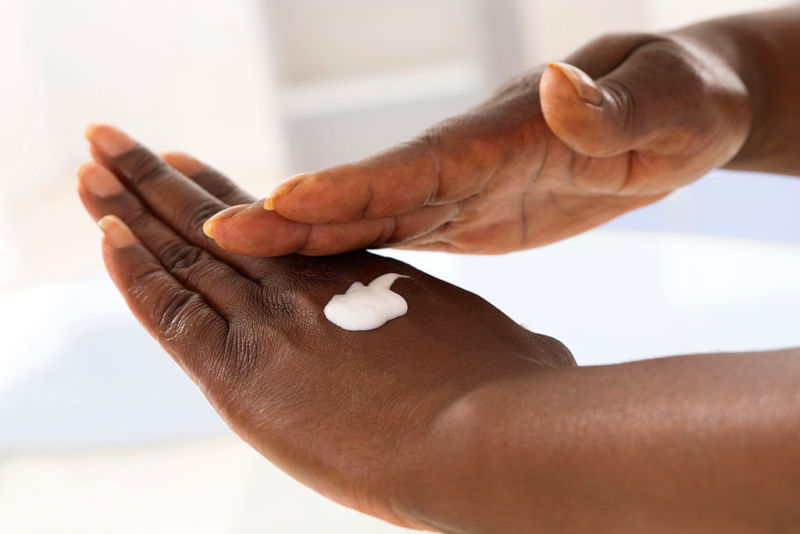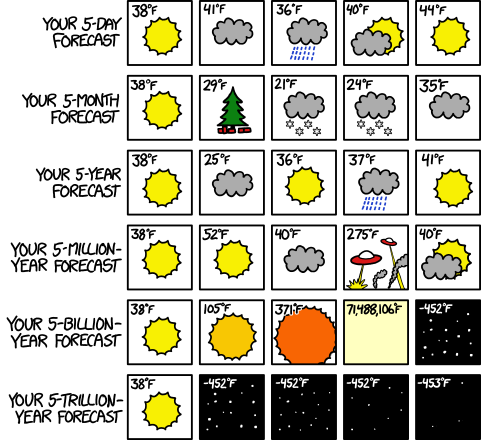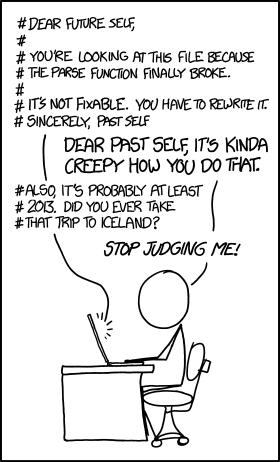
Enlarge (credit: Joel Sorrell | Getty Images)
It's 11:37pm and the pattern shows no signs of shifting. At 1:12am, it’s more of the same. Thumb down, thumb up. Twitter, Instagram, and—if you’re feeling particularly wrought/masochistic—Facebook. Ever since the COVID-19 pandemic left a great many people locked down in their homes in early March, the evening ritual has been codifying: Each night ends the way the day began, with an endless scroll through social media in a desperate search for clarity.
To those who have become purveyors of the perverse exercise, like The New York Times’ Kevin Roose, this habit has become known as doomsurfing, or “falling into deep, morbid rabbit holes filled with coronavirus content, agitating myself to the point of physical discomfort, erasing any hope of a good night’s sleep.” For those who prefer their despair be portable, the term is doomscrolling, and as protests over racial injustice and police brutality following the death of George Floyd have joined the COVID-19 crisis in the news cycle, it’s only gotten more intense. The constant stream of news and social media never ends.
Of course, a late-night scroll is nothing new—it’s the kind of thing therapists often hear about when couples say one or the other isn’t providing enough attention. But it used to be that Sunday nights in bed were spent digging through Twitter for Game of Thrones hot takes, or armchair quarterbacking the day’s game. Now, the only thing to binge-watch is the world's collapse into crisis. Coronavirus deaths (473,000 worldwide and counting), unemployment rates (around 13 percent in the US), protesters in the street on any given day marching for racial justice (countless thousands)—the faucet of data runs nonstop. There are unlimited seasons, and the promise of some answer, or perhaps even some good news, always feels one click away.

For years, people have questioned the net benefits of platforms like Twitter and Facebook, and while some studies have found social media, when used responsibly, can have positive effects on mental health, it can also lead to anxiety and depression. Or, at the bare minimum, FOMO. And that’s just the result of looking at too many brunch photos or links to celebrity gossip. Add in a global pandemic and civil unrest—and the possibility that social media networks are incentivized to push trending topics into your feeds—and the problem intensifies. “In a situation like that, we engage in these more narrow, immediate survival-oriented behaviors. We’re in fight-or-flight mode,” Ellison says. “Combine that with the fact that, socially, many of us are not going into work and standing around the coffee maker engaging in collective sense-making, and the result is we don’t have a lot of those social resources available to us in the same way.”
hey, are you doomscrolling?
— Karen K. Ho (@karenkho) June 15, 2020
It's almost Monday. Lots of big things happened this weekend, good and bad. Don't forget to take care of yourself and your mental health. Rest is still important. Sleep well.
Every marriage has one person who doom scrolls and reads headlines out loud pre-coffee, and another person who is begging them to stop
— Anna Kissed Alice (@Almost_Anna) June 16, 2020
The doom and gloom isn’t all the media’s fault, though. Mesfin Bekalu, a research scientist at the Lee Kum Sheung Center for Health and Happiness at Harvard’s T.H. Chan School of Public Health, notes that while a lot of the news is bad, “as humans we have a ‘natural’ tendency to pay more attention to negative news.” This, along with social media algorithms, makes doomscrolling—and its impacts—almost inevitable. “Since the 1970s, we know of the ‘mean world syndrome’—the belief that the world is a more dangerous place to live in than it actually is—as a result of long-term exposure to violence-related content on television,” Bekalu says. “So, doomscrolling can lead to the same long-term effects on mental health unless we mount interventions that address users’ behaviors and guide the design of social media platforms in ways that improve mental health and well-being.”
The effects of doomscrolling also vary depending on who’s doing it. Allissa Richardson, a professor at USC’s Annenberg School of Communication and Journalism, notes that when she was researching her new book Bearing Witness While Black: African Americans, Smartphones, and the New Protest #Journalism, she spoke to many activists who didn’t participate in doomscrolling simply because, they said, “I can’t see myself being killed over and over again in this tiny square on my phone.” Being able to participate in, and then opt out of, excessive social media use is, she notes, a privilege, which is why, when it comes to social media, many Black users turn to Verzuz battles on Instagram Live and other forms of Black joy as an act of resistance. “Doomscrolling for Black people works in the inverse, we’re actually trying to look for something separate and apart from bad things,” Richardson says. “For many nonblack Americans, this has been an incredibly enriching time, and doomscrolling for them is a deep dive into the things maybe they weren’t educated well about in the first place or maybe did have an inkling about but were ignoring.”
To that end, there have been some upsides to the constant clicking. Social media is helping people stay connected during lockdown, and as the conversation shifted away from COVID-19 and toward racial justice and the Black Lives Matter movement, it's become a tool for active engagement—spreading news about protests, bail funds, community resources—rather than just a forum for the passive consumption of pandemic updates. Yet the late-night digging, the endless reading of bad news, is draining. (It can also, Richardson notes, endanger protesters whose identities get spread around in other people’s feeds.) It’s a compulsion that’s only gotten worse in recent months, and one that points to humanity’s quest to find coping mechanisms when many of them have been stripped away.
So, the doomscrolling continues. The actual origins of the term are a bit murky, though many point to this tweet from October 2018 as a possible forebear. More recently, doomscrolling was designated one of Merriam-Webster’s Words We’re Watching, and Dictionary.com named it one of its "New Words We Created Because of Coronavirus."
There’s something else in the etymology, though. Particularly in the word doom. Originally, the word had connotations that related it to judgement day and the end of the world, but now it's just as likely to be associated with destruction or ruin. The act of doomscrolling, then, is to roll toward annihilation. Or, to borrow a phrase from Joan Didion (writing during America’s last traumatic, generation-defining year, 1968), it is an act of slouching toward quietus. Taken biblically, it has a Revelation tone. Each swipe through the timeline marks the end of a day of reckoning—for the state of the world at large and for the person attached to each appendage doing the scrolling. Simultaneously, each person watches the demise of so much, while also slowly destroying themselves. (This rush to judgement could also explain why so many public figures are now facing cancellation.) Didion lifted “slouching towards Bethlehem” from W.B. Yeats’ poem “The Second Coming,” itself a reflection on the destruction caused by World War I written amidst the 1918 flu pandemic. It’s only natural that the world’s scrolling reflects those writers’ apocryphal Apocalypse visions.
At the same time, it doesn’t have to. Doomscrolling will never actually stop the doom itself. Feeling informed can be a salve, but being overwhelmed by tragedy serves no purpose. The current year is nothing if not a marathon; trying to sprint to the end of one’s feed will only cause burnout and a decline in mental health among the people whose level-headedness is needed most. That means you, dear reader. Amidst all of the pain, isolation, and destruction of the past six months, it’s not worth it to add on to the strain with two hours of excess Twitter every night. Perhaps now just needs to be the End Times for your timeline.
This story originally appeared on wired.com.







